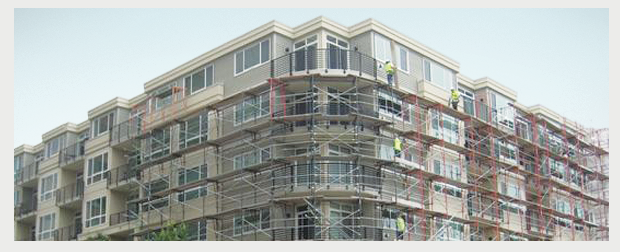Trends in Urban Development: Seattle’s Impact on Construction Management
Seattle stands as a beacon of modern urban development, characterized by its dynamic skyline, innovative architecture, and bustling construction projects. As the city continues to evolve, driven by a growing population and booming economy, it’s crucial for construction managers to stay abreast of the latest trends shaping the industry. In this blog, we delve into the key trends influencing urban development in Seattle and their profound impact on construction management practices.
1. Sustainable Construction
Seattle has long been at the forefront of sustainable urban development. From LEED-certified buildings to eco-friendly infrastructure projects, sustainability is a cornerstone of construction in the Emerald City. Construction managers are increasingly tasked with implementing green building practices, such as energy-efficient design, use of recycled materials, and integration of renewable energy sources. Adhering to strict environmental standards and obtaining green certifications have become essential considerations in project planning and execution.
2. High-Rise Living and Mixed-Use Developments
With limited space available for horizontal expansion, Seattle has embraced vertical growth through high-rise buildings and mixed-use developments. Construction managers are challenged with the complexities of building upward, including structural integrity, safety regulations, and logistics management. Moreover, mixed-use projects combining residential, commercial, and recreational spaces require careful coordination among various stakeholders to ensure seamless integration and functionality.
3. Technology Integration
Seattle’s tech-savvy culture has permeated every aspect of urban development, including construction management. Advanced technologies such as Building Information Modeling (BIM), drones, and real-time project management software have revolutionized the way construction projects are planned, executed, and monitored. Construction managers must harness these tools to optimize efficiency, minimize errors, and enhance collaboration among project teams.
4. Affordable Housing Initiatives
As Seattle grapples with affordability challenges, there’s a growing emphasis on affordable housing initiatives within urban development projects. Construction managers play a pivotal role in balancing cost constraints with quality standards to deliver housing solutions that are accessible to all segments of the population. Strategies such as modular construction, public-private partnerships, and innovative financing mechanisms are being explored to address the affordable housing crisis.
5. Resilience Planning
In light of climate change and natural disaster risks, resilience planning has become a priority in Seattle’s urban development agenda. Construction managers are tasked with incorporating resilient design features, such as flood mitigation measures, seismic retrofitting, and sustainable drainage systems, to enhance the city’s ability to withstand environmental challenges. Collaborating with urban planners, engineers, and environmental experts, construction managers are instrumental in building resilient infrastructure that can withstand the test of time.
Seattle’s urban development landscape is constantly evolving, driven by a confluence of economic, social, and environmental factors. For construction managers, staying ahead of the curve means embracing sustainable practices, leveraging technology, addressing affordability concerns, and prioritizing resilience. By embracing these trends and adapting their approaches accordingly, construction managers can contribute to the continued growth and vibrancy of Seattle’s built environment, shaping the cityscape for generations to come.


